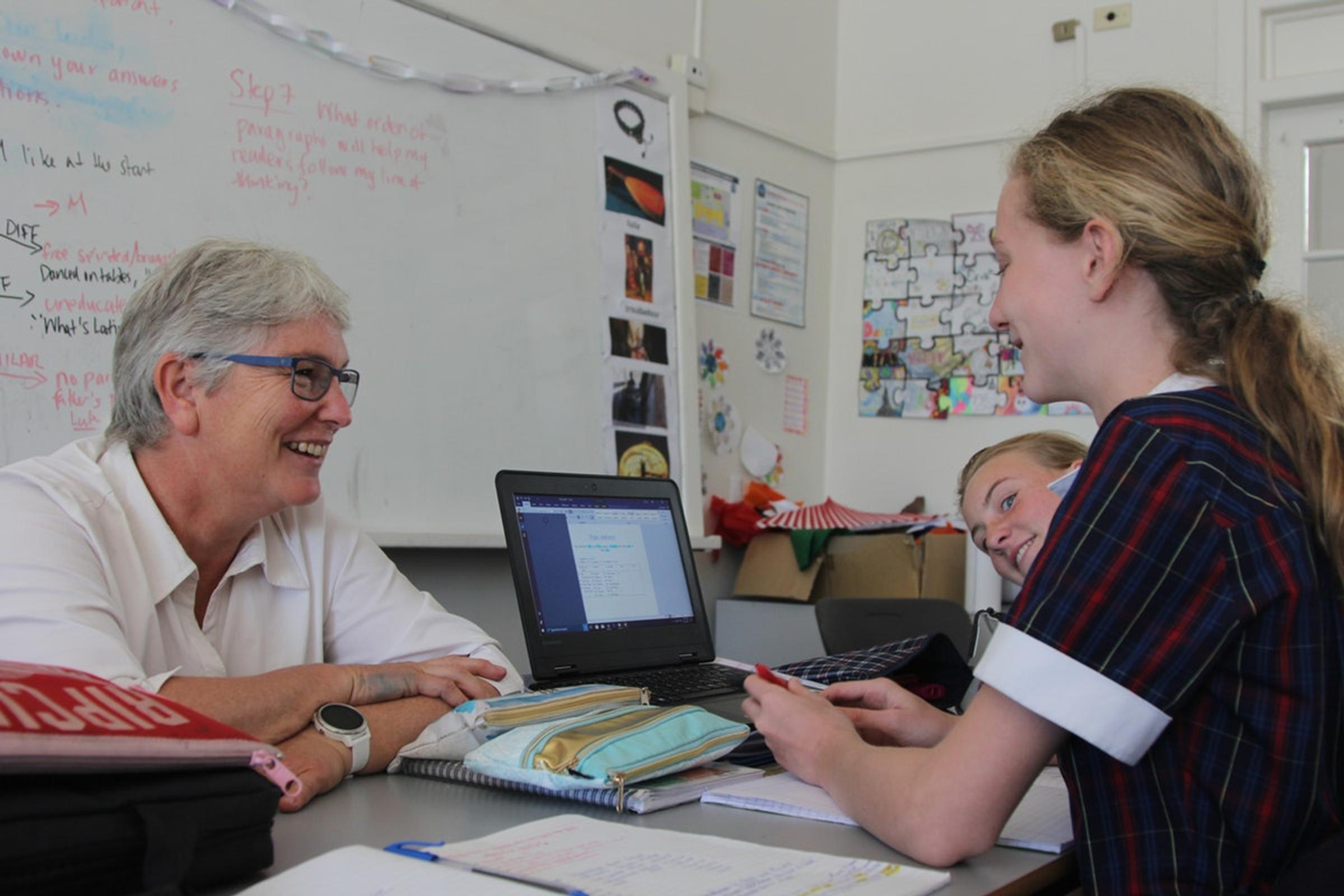Principal's Message

By and large, mankind’s advance in knowledge and understanding has served us well. There are times, though, when you wish that a bit of new knowledge had remained undiscovered. Such is the case with some of the things that have been uncovered about historical figures. As a child, one of my heroes was Captain Robert Falcon Scott of Antarctic fame. The history books of my childhood painted him as a larger-than-life figure who braved tremendous odds and died the death of a tragic hero, unable to advance because of the blizzard, but only a short way from a food pile that would have saved him. Scott’s diary records the poignancy of his last days on the ice and those of his equally heroic friends. (Who can forget the scene where Captain Oates, suffering terribly from frostbite, crawls out into the snow, giving up his life so that he wouldn’t slow his companions down… his famous last words being, ‘I am going outside and I may be some time.’)
When I was grown up, it was with a great deal of dismay that I read the judgement of later historians. In the more modern view, Captain Scott - by contrast with Roald Amundsen, the Norwegian who won the race to the South Pole – was an impetuous, even pompous leader who led a poorly equipped and badly managed group to an untimely end!
Despite that, however, it is hard not to be impressed by the dignity of Scott’s final days and some of the wise words he penned in his diary. Knowing that Amundsen was probably going to reach the South Pole before him, he wrote to his wife the following words:
It is the work that counts, not the applause that follows.
Mind you, in this society where cynics, knockers and tall poppy cutters abound, a nice little round of applause for a job well done wouldn’t go amiss. As a nation, we are quick to criticise and slow to praise. A sincere and hearty expression of praise is both encouraging and refreshing.
Yet we also live in a society where applause cannot always be taken at face value, for it may be patently insincere. I remember going with a party of school students in the early 1980s to see an episode of the TV show New Faces recorded. Right throughout the show, a couple of people rushed up and down the aisles signalling to the audience exactly when to applaud, and with what fervour and length it should be sustained. Irrespective of the quality of the items, we were all expected to wildly applaud ‘on cue.’ Similarly at the opening of political campaigns. The party leader speaks to a carefully selected audience of party faithful who would give a thunderous standing ovation to a sack of potatoes if told to do so… That sort of applause from that sort of audience should never be seen as a measure of a person’s success or failure.
Audiences, too, can be remarkably fickle - indeed sometimes that fickleness is even encouraged! I was rather dismayed, recently, to hear a football commentator berating the supporters of a consistently losing AFL team for clapping rather than booing their team off the ground at the end of the game…
In the end though, while encouragement and recognition are things that we enjoy and like to provide for one another, Captain Scott’s noble words remain to inspire and challenge us:
It is the work that counts, not the applause that follows.
The Fathering Project
At a recent Principal's meeting I learnt about a wonderful project called "The Fathering Project". The presenters shared the importance of the importance of fathers in the lives of their children.
The project aims to support men (fathers, grandfathers, uncles and other significant men) to be able to build relationships with their children. They run training programs, provide resources, support groups and more.
Check out their website, you might find it helpful.
https://thefatheringproject.org/
Academic Focus - KLAQ
Each night after school students should go back over each of their lessons for the day and complete a KLAQ:
- K - Think about the key points of the lesson – note them down
- L - Look for links in the ideas or concepts with other lessons – write the links down
Ask themselves these two questions:
- A - What else can I add to this thinking? Then note it down.
- Q - What questions do I have about this? Ask them in class, on email, etc
Why is this helpful?
- Focussing on key concepts helps to sift the important information from everything else
- Making links assists with remembering information
- Adding information assists with making the connections
- Asking questions helps to clarify what you are not clear about
KLAQ could be a helpful way for you to engage with your child about what they are leaning at school and at the same time help them to consolidate their learning.
ICT
So what should you do if someone is mean to you on social media?
Firstly, stop speaking to them or messaging them.
Then block them. You don’t want anyone who is prepared to be mean in your social media groups or as a friend.
Finally, tell an adult who you trust so that they can help you.
Remember the acronym SBA – stop, block and adult.
You have two things to remember when using social media and technology: WHA (mentioned in our last newsletter) and SBA, these are the MFG guidelines and our expectations of you when using technology and social media at school at home, well really no matter where you are.
So please enjoy using your new technology and social media apps but use them wisely and thoughtfully so that you care for the people in our MFG community.
Ms Michelle Crofts
Principal of Matthew Flinders Girls Secondary College

